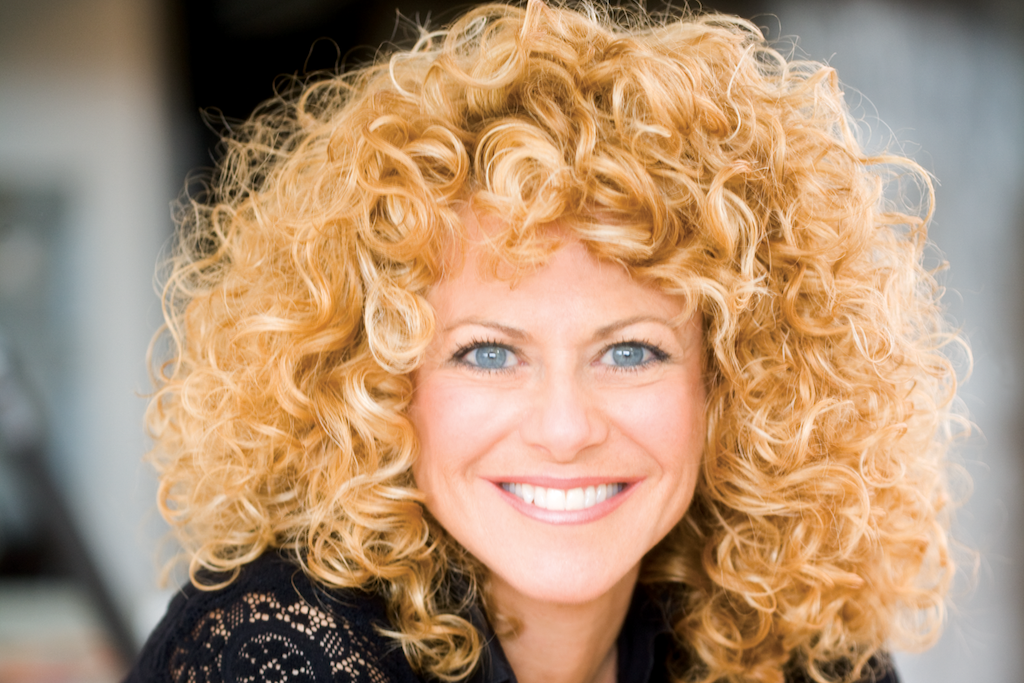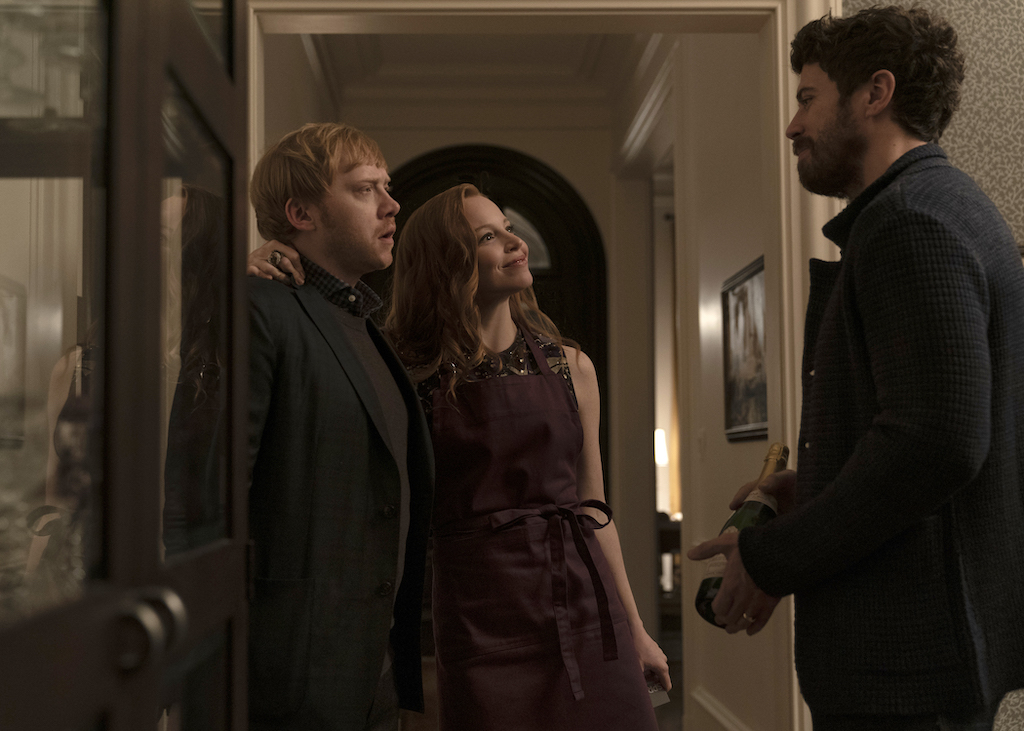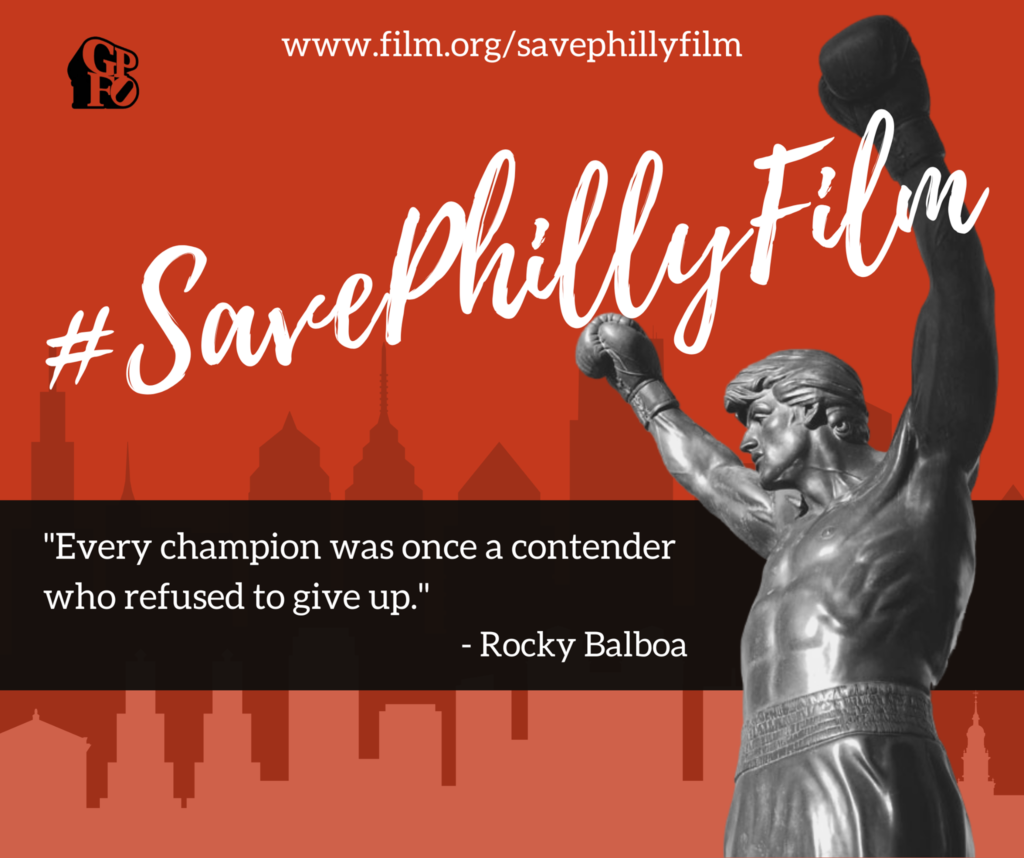Responsible for 400+ productions, 1,500+ local jobs, $368 million spent, it’s about time you wrote to your Councilperson to save the Greater Philadelphia Film Office.
Sharon Pinkenson sounds worried. She never sounds worried. The longtime doyenne of the Greater Philadelphia Film Office – a woman who has collaborated with icons of cinema such as Martin Scorsese, Jonathan Demme, M. Night Shyamalan, Terry Gilliam, Ryan Coogler and Sylvester Stallone – is the very picture of poise and control. And yet, at this moment, she’s got real and worrying concerns.
The health of her family and staff in the midst of COVID-19 is healthy and strong. The welfare of the Greater Philadelphia Film Office (GPFO), however, is being called into question – even existence – as the city, burdened by COVID-19-related economic hardship, is proposing a new budget that will cut the GPFO’s grant funding through the (proposed eliminated) Office of the City Representative. This would defund GPFO and eliminate other city departments crucial to the region’s local film industry. I wrote about this in the broadest sense when I called out Mayor Kenney for the elimination of Philadelphia’s Office of Arts, Culture and the Creative Economy.
“That was a shock because our meager grant is derived from the Office of the City Representative,” said Pinkenson of hearing that the “$130,000 and change” grant her office received from the city coffers was in real and present danger. “That is the same amount that we have received in the last two years, as we’ve gone without an increase. During this administration, it has been eliminated, and City Council was able to get it back. Four years ago, the significant grant that we had received from the Commonwealth of Pennsylvania was eliminated.”
The Greater Philadelphia Film Office receives one fifth, or 20%, of its yearly budget through the remaining City grant. Any trims – let alone cuts – would all but decimate the GPFO. ”I’m having sleepless nights over this,” she said. ”We are forced to have our hands out all the time. We earn a significant amount of money through the non-profit work we do – things like the Set in Philadelphia Screenwriting competition and paid-for-services – as well as through fundraisers. But our two major fundraisers of the year have fallen victim to the pandemic. We postponed everything until August and September, but, will 500 want to come to a party so soon? I don’t think so. Our PP loan will only last for one more pay cycle. We’re in a scary situation.”

How scared should the city be? The return on investment (ROI) to the city of Philadelphia is $638 per dollar invested. Every buck the city grants the GPFO since 2007, the average ROI comes back $638. Why would Philly turn their back on that? Why wouldn’t Philly continue to want to attract film crews to our city? Look at Dispatches from Elsewhere, the just-finished AMC series that was a postcard-love letter to our city – can you imagine the tourist dollars generated by such a picturesque look at Philly?
Now imagine there is no organizing body such as the GPFO to get filmmakers here.

Without the six people who work the GPFO, Pinkenson included, Philadelphia will not have anyone to work with Shyamalan when his Apple TV+ show, “the creepy great” “Servant,” season two, returns to the streets of Philadelphia. The same thing is true of HBO’s “Mare of Easttown,” starring Kate Winslet who wants to come back for additional filming. There is a Netflix feature film about a topic “that Philadelphian will go crazy about as it is one of the favorite things we do and love to watch – basketball…” (she won’t say what or who this is, but I suspect the film is “Hustle,” starring Adam Sandler and co-produced by LeBron James). This is the tip of the iceberg.
“Why would the city want to turn this money away?” said Pinkenson. “Every single person – actors, hoteliers, crew members – is busy when we bring films and filmmakers to town.”
When HBO, Apple TV+ and Netflix, however, find out that the film commission (“not just in Philadelphia, but, any city,” she said, smartly), has gone away, that they have no advocates, they will be very reluctant to come to Philly. “The Office of Special Events ins proposed for elimination. as well… They are our partners at the city in so much of this,” stated Pinkenson. “They help coordinate so much of what we do. In addition to attracting the productions and working with the studios, we coordinate the day-to-day city department needs.” That means police officers for a day’s services, PECO electricians for power outages, and the like. “We do everything,” said Pinkenson, “in service to the city.”

Steve Leshinski, SAG-AFTRA’s Philadelphia Executive Director (they being The Screen Actors Guild – American Federation of Television and Radio Artists labor union representing approximately 160,000 film and television actors, journalists, radio personalities, recording artists, singers, voice actors, and other media in the U.S.) reps about 3,000 members in the Greater Philadelphia/Delaware Valley area. He finds that the Philly Sag-AFTRA office doesn’t solely utilize GPFO services for the day to day of its membership on a film set. “We do joint events with them, and partner with them on lobbying issues,” said Leshinski. “They help us get the message out to filmmakers about how our contracts work, and work on matters such as diversity in the workplace with us.”
Then there are the matters of economics – the thing that worries Leshinski the most. “Productions are portable. When movies and TV shows are scouting, they have choices as to where to go. Having an on-the-ground advocate such as the GPFO – to help crews and address issues – to promote what we do, is essential.” To that end, Leshinski is asking his constituency – a non-partisan group – to contact their representatives and push the economic impact of a GPFO, as well as what a barren economy Philly would face without it.
What can the public do?
Just as what happened four and a half years ago when the administration wanted to scissor out the GPFO and City Council came to the rescue to get its funding restored, Pinkenson has again appealed to the Council-people for help, and therefore, the public to skootch each Councilperson to make this shortsighted problem go away. “If we were cut, Philadelphia would probably be the only major city without a film commission. Ours is renowned. People love working with us. We want to go back to work as soon as possible – hopefully July, for prep for any filming in September.”
Considering the GPFO’s campaign to prove its worth annually to the city – 400+ productions, 1,500+ local jobs, $368 million spent – wrapped in a hashtag of #SavePhillyFilm – it’s about time you wrote to your Councilperson.
“We depend on this, our film crews rely on this, and the filmmakers depend on us – if not, they’ll all have to go to or move to Atlanta like everybody else does.”
Not that!


